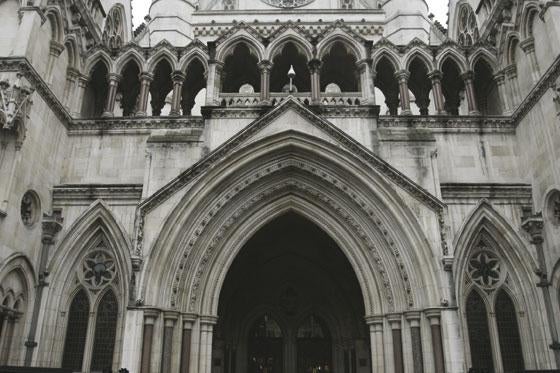
Plans to give defendants in rape cases anonymity appear to have been dropped by the coalition Government.
Instead, according to a report in The Guardian, ministers will negotiate with the Press Complaints Commission to persuade newspapers and websites to allow suspected rapists to remain anonymous.
A Ministry of Justice spokesman yesterday denied that the move was a step back from the coalition’s initial stance, saying: “The Government never said it would bring in legislation. It said it would consider the options.”
But the Coalition Programme for Government, published shortly after the Government took power, states: “We will extend anonymity in rape cases to defendants.”
Many observers took this as a pledge for legislation.
In addition, Justice Secretary Kenneth Clarke suggested in the House of Commons on June 15 that MPs should be given a free vote on plans for anonymity for rape case defendants.
Clarke conceded there were “arguments on both sides” of the issue but insisted it was “right to have a reasonable debate” on them – as he told MPs the proposal was a Liberal Democrat policy that had found its way into the coalition agreement.
He also said during the same Commons question time: “I’m not responsible for the whipping in this House but I suspect that all three parties would rather prefer a fairly free vote on the issue, because I don’t think there is any consensus on any side of the House.”
The Government later hinted that the anonymity would apply only up to the point at which an individual was charged with rape.
The Guardian reported on Saturday that justice minister Crispin Blunt had outlined the new thinking to MPs last week.
MPs from all parties had agreed in 2003, during the passage of the Sexual Offences Act, that all suspects’ identities should be protected between their arrest and the time at which they were charged.
Blunt, The Guardian reported, also told MPs that the PCC‘s guidance, issued in 2004, was not strong enough, but that the answer was not to introduce fresh legislation.
Plans to give anonymity to rape suspects and defendants were strongly criticised by MPs from all sides.
Shadow minister Maria Eagle had warned that by singling out one offence for anonymity, ministers were in “danger of sending a clear signal to victims: you will not be believed”.
Corby Tory MP Louise Bagshawe had also said there were concerns on all sides of the Commons that by “singling out rape in this way ministers are sending a negative signal about women and those who accuse men of rape”.
The Guardian reported that Blunt told MPs last week that while the current PCC guidance on reporting rape cases was not strong enough, the answer was not to introduce fresh legislation.
PCC guidance on reporting on people accused of crime says that Clause 7, covering children in sex cases, and Clause 11, covering the victims of sexual assault, are relevant when publishing articles about people accused of sexual offences.
It adds: “Care must be taken to ensure that the identification of someone accused of a sexual offence does not lead to the identification of the alleged victim. If it is likely to do so, editors should err on the side of caution and report anonymously any allegations which occur prior to charges being made.”
In addition, the Editors’ Codebook, a guide to the Code of Practice, warns of the dangers of publishing details which might lead readers to be able to identify victims of sex attacks.
But it does not suggest giving anonymity to defendants.
Defendants in rape cases were given anonymity by the Sexual Offences
(Amendment) Act 1976, but the anonymity provision was repealed by the Criminal Justice Act 1988.
Email pged@pressgazette.co.uk to point out mistakes, provide story tips or send in a letter for publication on our "Letters Page" blog






